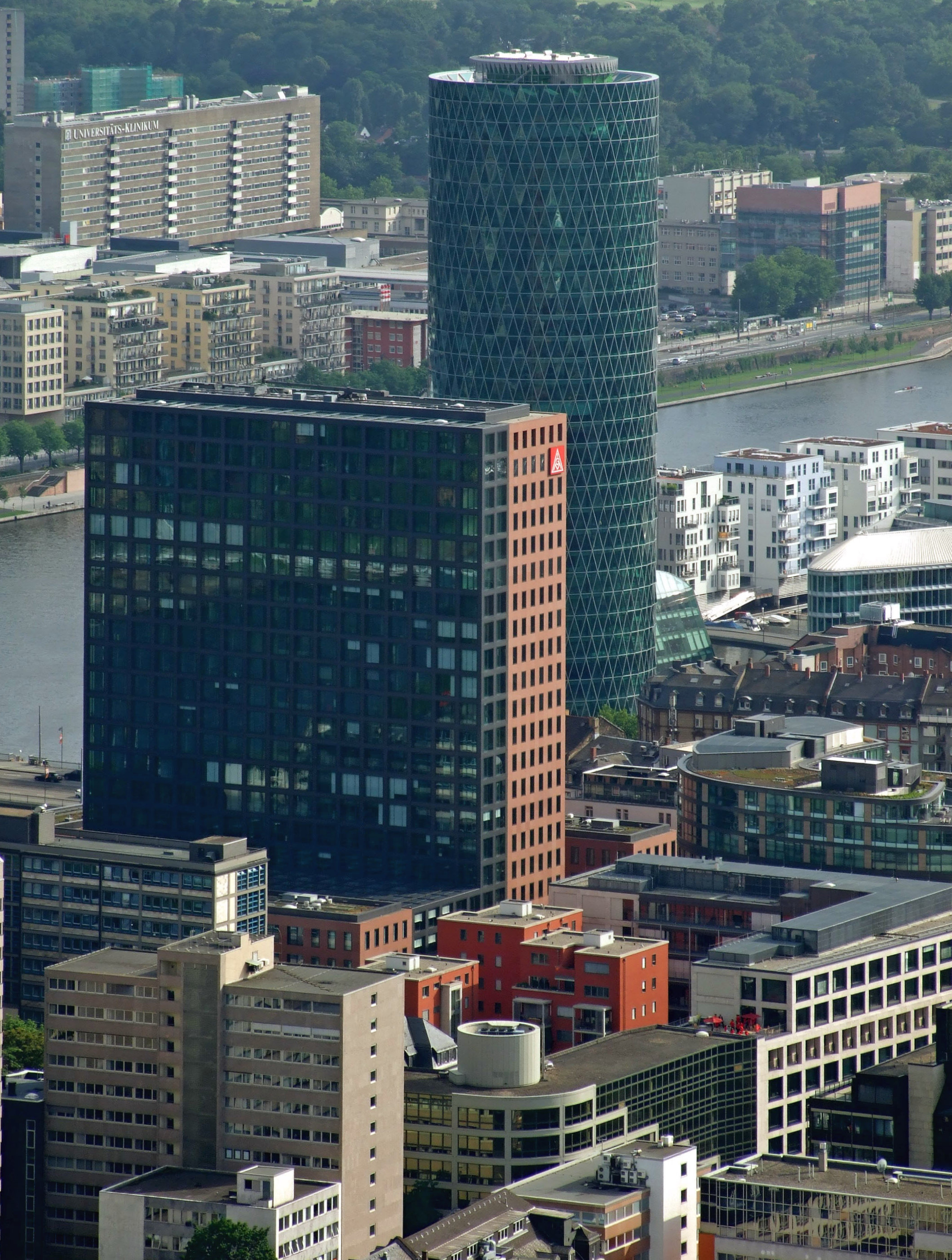|
Wood And Plastic Union
The Wood and Plastic Union (german: Gewerkschaft Holz und Kunststoff, GHK) was a West German trade union representing workers in wood and plastic manufacturing. The union was founded in 1949 and affiliated to the German Trade Union Confederation. While it represented plastic workers from the start, 90% of its membership was in wood manufacturing. By 1998, it had a membership of 145,128. In 2000, it merged into IG Metall IG Metall (; IGM; German: ''Industriegewerkschaft Metall'', "Industrial Union of Metalworkers'") is the dominant metalworkers' union in Germany, making it the country's largest union as well as Europe's largest industrial union. Analysts of Ge .... Presidents :1949: Markus Schleicher :1951: Franz Valentiner :1953: Heinz Seeger :1958: Gerhard Vater :1977: Kurt Georgi :1981: Horst Morich :1993: Gisbert Schlemmer References {{Authority control German Trade Union Confederation Plastics and rubber trade unions Timber industry trade unions Trade unions es ... [...More Info...] [...Related Items...] OR: [Wikipedia] [Google] [Baidu] |
German Trade Union Confederation
The German Trade Union Confederation (german: Deutscher Gewerkschaftsbund; DGB) is an umbrella organisation (sometimes known as a national trade union center) for eight German trade unions, in total representing more than 6 million people (31 December 2011). It was founded in Munich, 12 October 1949. The DGB coordinates joint demands and activities within the German trade union movement. It represents the member unions in contact with the government authorities, the political parties and the employers' organisations. However, the umbrella organisation is not directly involved in collective bargaining and does not conclude collective labour agreements. Union delegates elect committees for 9 districts, 66 regions and the federal centre. The organisation holds a federal congress every four years. This assembly sets the framework for trade union policies and elects five Federal Executives. Together with the presidents of the member unions they constitute the DGB's executive co ... [...More Info...] [...Related Items...] OR: [Wikipedia] [Google] [Baidu] |
IG Metall
IG Metall (; IGM; German: ''Industriegewerkschaft Metall'', "Industrial Union of Metalworkers'") is the dominant metalworkers' union in Germany, making it the country's largest union as well as Europe's largest industrial union. Analysts of German labor relations consider it a major trend-setter in national bargaining. IG Metall and ver.di together account for around 15 percent of the German workforce, and other sectors tend to broadly follow their agreements. History The name IG Metall refers to the union's metalworkers roots dating back to the start of unions in imperial Germany in the 1890s, though this formal organization was founded post-war in 1949. Wikipedia DE Over the years the union has taken on representation in industries beyond mining of minerals to include manufacturing and industrial production, machinists, printing industry, which includes modern automobile manufacturing and steel production as part of its blue-collar root, but also includes more white-collar ... [...More Info...] [...Related Items...] OR: [Wikipedia] [Google] [Baidu] |
Plastics And Rubber Trade Unions
Plastics are a wide range of synthetic or semi-synthetic materials that use polymers as a main ingredient. Their plasticity makes it possible for plastics to be moulded, extruded or pressed into solid objects of various shapes. This adaptability, plus a wide range of other properties, such as being lightweight, durable, flexible, and inexpensive to produce, has led to its widespread use. Plastics typically are made through human industrial systems. Most modern plastics are derived from fossil fuel-based chemicals like natural gas or petroleum; however, recent industrial methods use variants made from renewable materials, such as corn or cotton derivatives. 9.2 billion tonnes of plastic are estimated to have been made between 1950 and 2017. More than half this plastic has been produced since 2004. In 2020, 400 million tonnes of plastic were produced. If global trends on plastic demand continue, it is estimated that by 2050 annual global plastic production will reach over 1, ... [...More Info...] [...Related Items...] OR: [Wikipedia] [Google] [Baidu] |
Timber Industry Trade Unions
Lumber is wood that has been processed into dimensional lumber, including beams and planks or boards, a stage in the process of wood production. Lumber is mainly used for construction framing, as well as finishing (floors, wall panels, window frames). Lumber has many uses beyond home building. Lumber is sometimes referred to as timber as an archaic term and still in England, while in most parts of the world (especially the United States and Canada) the term timber refers specifically to unprocessed wood fiber, such as cut logs or standing trees that have yet to be cut. Lumber may be supplied either rough- sawn, or surfaced on one or more of its faces. Beside pulpwood, ''rough lumber'' is the raw material for furniture-making, and manufacture of other items requiring cutting and shaping. It is available in many species, including hardwoods and softwoods, such as white pine and red pine, because of their low cost. ''Finished lumber'' is supplied in standard sizes, mostly f ... [...More Info...] [...Related Items...] OR: [Wikipedia] [Google] [Baidu] |
Trade Unions Established In 1949
Trade involves the transfer of goods and services from one person or entity to another, often in exchange for money. Economists refer to a system or network that allows trade as a market. An early form of trade, barter, saw the direct exchange of goods and services for other goods and services, i.e. trading things without the use of money. Modern traders generally negotiate through a medium of exchange, such as money. As a result, buying can be separated from selling, or earning. The invention of money (and letter of credit, paper money, and non-physical money) greatly simplified and promoted trade. Trade between two traders is called bilateral trade, while trade involving more than two traders is called multilateral trade. In one modern view, trade exists due to specialization and the division of labour, a predominant form of economic activity in which individuals and groups concentrate on a small aspect of production, but use their output in trades for other products ... [...More Info...] [...Related Items...] OR: [Wikipedia] [Google] [Baidu] |



